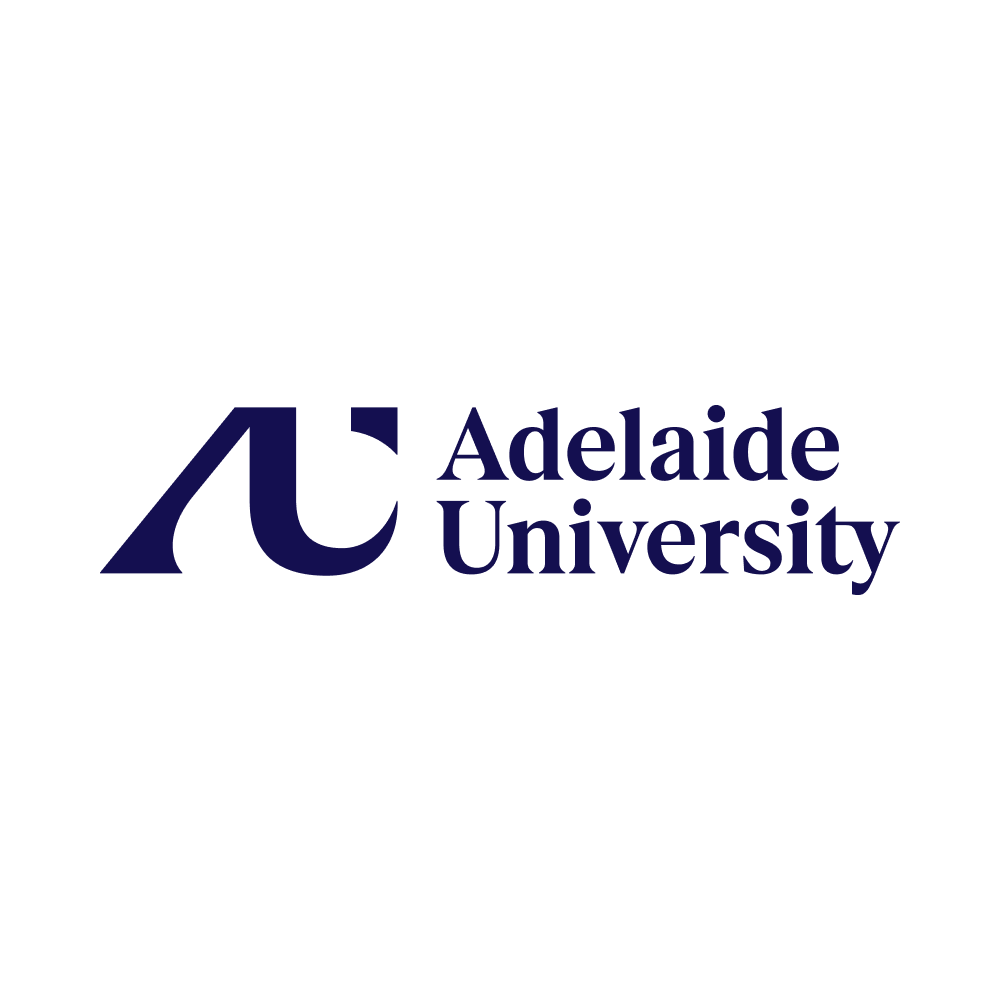Adelaide University
Graduate Diploma in Data Science (Applied)
- Delivery: Online
- Study Level: Postgraduate
- Duration: 16 months
- Course Type: Graduate Diploma
Learn how to effectively implement and confidently apply data science principles in your chosen profession.

Course overview
In this graduate diploma, you’ll expand your skillset beyond foundational practices and lay the groundwork for the advanced skills covered in the master’s level program. You’ll build strong interpersonal skills, enabling you to communicate data science strategies and analyses to diverse audiences. Broaden your understanding of global perspectives in data science by exploring case studies from a wide variety of disciplines and fields.
You’ll emerge as a well-rounded professional, equipped with technical expertise, sharp critical thinking and ethical awareness, ready to drive data innovation across different industries.
Key features
- Study 100% online and at a pace that suits you.
- Learn from content designed by practising, industry-leading data scientists who are at the forefront of the field.
- Benefit from flexible learning with courses taught in intensive and blended modes.
- Develop your skills in multiple programming languages, learning from leaders in the data science field.
- Build on your fundamental data science skills, including key mathematical and data modelling methods.
- Use this qualification to further your career or continue on to our master’s program.
Key facts
May, 2026
July, 2026
August, 2026
October, 2026
What you will study
Students must complete 48 units comprising 42 units for all core courses and six units from the core selectives. Each course is worth six units.
Complete 42 units for all of the following:
- Foundations of Computer Science - Python A
- Foundations of Computer Science - Python B
- OL Human and Ethical Factors in Computer Science
- Data Taming, Modelling and Visualisation
- Applications of Data Science
- Real Data: Modern Methods for Finding Hidden Patterns
- OL Mathematical Foundations of Data Science
Entry requirements
Admission criteria
To be eligible, an applicant must have achieved at least one of the following minimum entry requirements and demonstrate they fulfil any prerequisite and essential criteria for admission. In cases where there are more eligible applicants than available places, admission will be competitive with ranks based on the entry criteria.
A completed bachelor's (AQF level 7) degree or equivalent from a recognised higher education institution.
Recognition of Prior Learning
Adelaide University is committed to recognising the contribution of students’ prior learning towards their program requirements.
Credit may be granted for formal, informal and non-formal learning, with guidance on eligibility provided to prospective students in a clear, transparent and publicly available credit framework.
Credit determinations will be:
- Evidence-based, equitable and transparent.
- Academically sound.
- Applied consistently, fairly and subject to review.
Credit will be granted for prior learning that is relevant and equivalent to the learning required for the courses for which credit is sought.
Credit will only be granted if it:
- Maintains the credibility and integrity of the program for which credit is sought.
- Does not contravene the conditions of the program’s professional accreditation.
- Does not disadvantage the student’s ability to achieve the expected course or program learning outcomes.
For more information, contact the university or visit its website.
Outcomes
Learning outcomes
You’ll learn the principles and practices of wine clarification and stabilisation. Investigate trends in precision viticulture. Learn how to optimise vineyard yield and grape quality.
Career outcomes
Big data insights can generate significant financial gains by uncovering both untapped opportunities and hidden risks. Consultants and financial institutions hire data scientists to assist clients, automate processes and improve cost efficiencies.
Data science roles in the government sector are on the rise as leaders recognise the economic, environmental and social advantages that data can provide. Areas such as fraud detection, tax compliance, weather forecasting, smart cities and intelligence all demand specialised data science expertise.
Potential roles you could work in include:
- Business Data Analyst
- Data Analyst
- Data Scientist
- Database Coordinator
Fees and FEE-HELP
Indicative total fee in 2026: $37,016 (domestic full-fee paying place)
Fee-paying programs require the full tuition fees for your study, which can be deferred partly or in full to a FEE-HELP loan. The total cost of the program is displayed.
A student’s fee may vary depending on:
- The number of courses studied per term.
- The choice of major or specialisation.
- Choice of courses.
- Credit from previous study or work experience.
- Eligibility for government-funded loans.
You may also need to pay the student services and amenities fee.
Student fees shown are subject to change. Contact the university directly to confirm.
FEE-HELP loans are available to assist eligible full-fee paying domestic students.

















